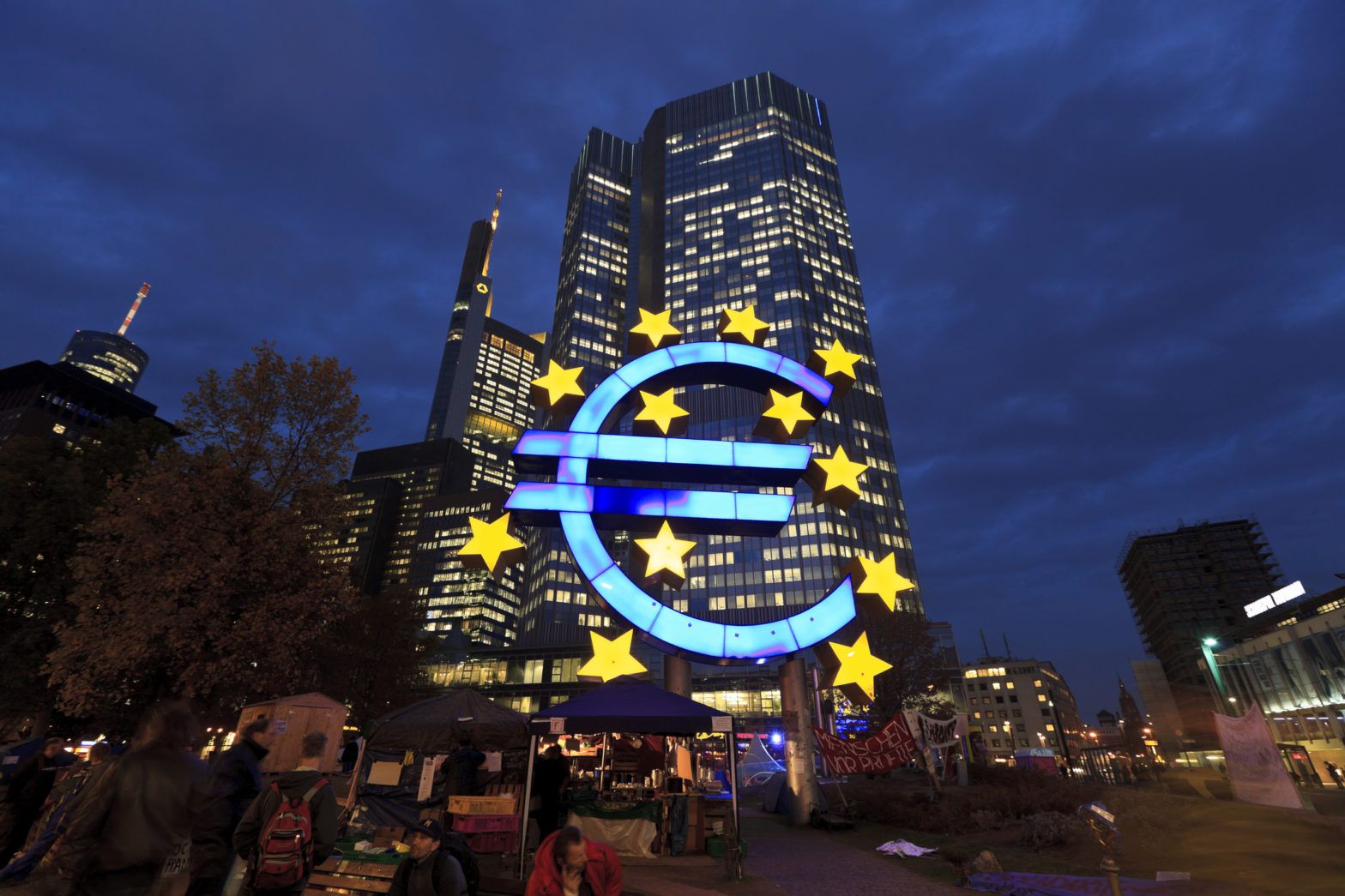The European Central Bank (ECB) has raised its three key interest rates by 25 basis points each as it works to bring inflation under control.
Announcing the move, which follows rises of the same amount in March, May and June this year, the ECB said: “While some measures show signs of easing, underlying inflation remains high overall. The past rate increases continue to be transmitted forcefully: financing conditions have tightened again and are increasingly dampening demand, which is an important factor in bringing inflation back to target.
“The Governing Council’s future decisions will ensure the key ECB interest rates will be set at sufficiently restrictive levels for as long as necessary to achieve a timely return of inflation to the 2% medium-term target.” It added that the council would continue to “follow a data-dependent approach to determining the appropriate level and duration of restriction”.
Eyes turn to September
This latest increase hardly came as a surprise to markets, with commentators immediately moving to call the result of the central bank’s next meeting. “The ECB went with the expected 0.25% rate hike – but of much more interest is whether there will be another one in September,” said Neil Birrell, chief investment officer at Premier Miton Investors.
“That will clearly be subject to the two inflation data releases between now and then. Whatever they mean for the overall outlook, either way, the ECB will want to retain flexibility. If rates are yet not at the peak, we are not far away, and the conversation may soon move to how long they will stay at the peak.”
For her part, Clémence Dachicourt, a senior portfolio manager at Morningstar Investment Management, commented: “Recent activity surveys suggest the economic slowdown is now affecting both manufacturing and services within the Eurozone. This points towards the ECB nearing the end of its rate hiking cycle, but the persistency in core inflation also tells us rate cuts are not on the agenda for now.”
And Seema Shah, chief global strategist at Principal Asset Management, said: “The softer inflation figures and weaker economic and bank lending data of late were welcomed, and even endorsed, by the ECB but are not sufficient to shift the central bank to a neutral stance. Certainly, with both headline and core inflation still so elevated, [ECB president Christine] Lagarde does not have the space to take on an even mildly dovish tone.
“Just like the Fed, data dependency is key. A meaningful further weakening in economic activity data over the coming two months is likely required to improve the underlying inflation picture which, in turn, is required to convince the ECB to stop policy rate hikes. At this stage, a September hike is a stronger possibility for the ECB than the Fed.”
‘Optimistic trajectory’
Even ahead of today’s decision, Michael Siviter, a senior portfolio manager for Invesco Fixed Income, had argued “the recent deterioration in forward-looking growth indicators, the ongoing tightening of credit conditions and more optimistic trajectory for eurozone and global inflation” had made it more likely this week’s hike would be the last for this cycle.
“It is likely policymakers will want to retain the optionality to raise rates further and will therefore emphasis a data-dependent stance,” he cautioned, however. “Furthermore, ECB policymakers will be mindful that signalling a pause in the hiking cycle could lead investors to speculate on the timing of future rate cuts. We expect Lagarde will emphasis that rates are likely to remain around current levels for some time to ensure a deceleration of inflation.”
Markets have been pricing a further 20bps of hikes in 2023 beyond the July meeting, noted Siviter, adding: “Should the ECB change its statement to indicate it believes policy is approaching the level necessary to bring down inflation and/or emphasis the recent deceleration in growth or tightening credit we would expect the premium for further hikes later this year to be reduced, leading to a fall in yields and a likely steepening of the yield curve.”
According to the ECB’s own statistics, the central bank maintained steady rates between zero and -0.50% from July 2012 to September 2019. In that time, it adjusted the base rate seven times. In contrast, it has now adjusted the same rate upwards nine times in the past year.
Back in May, Fidelity International warned the raising of the base rate to what was then 3.5% could be “sufficient” to prompt a recession. According to Anna Stupnytska, the group’s global macro economist, the European economy was set to follow a similar path to that of the US after the Federal Reserve raised rates there. This led to a pause in the raising of rates due to the deleterious effects and – given the US was operating some four months ahead of Europe in rate hikes – she warned of an incoming storm.







